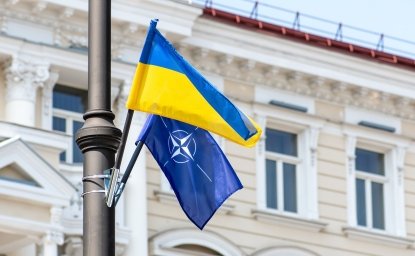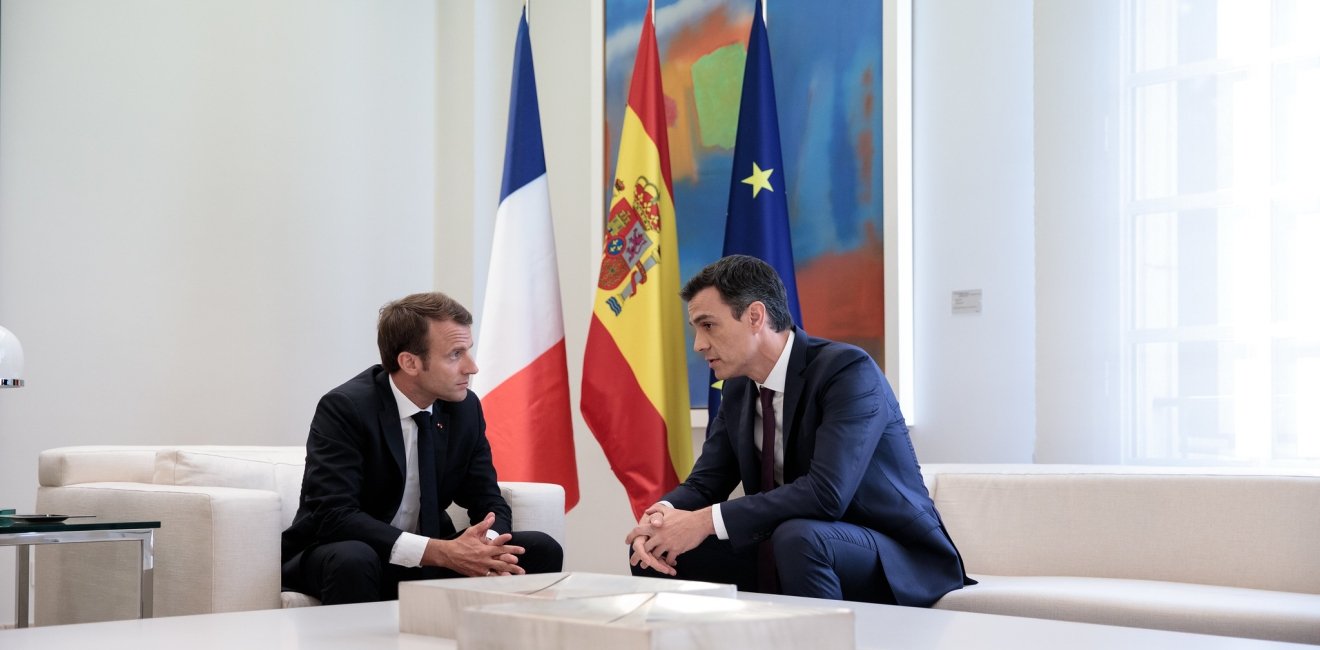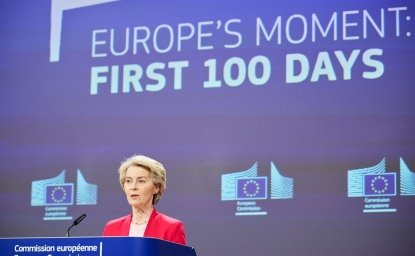Two major European states are run by gamblers. Spain is governed by Pedro Sánchez, who took a huge risk a year ago and succeeded. France is led by Emmanuel Macron, who just took an even greater risk which, if it fails, can lead him and his country to disaster. Both gambles revolved around how to deal with the far-right.
A year ago, Spain held regional and local elections. They resulted in defeat for Spain’s governing Socialist Party. Sánchez took an enormous risk: he dissolved parliament and called snap elections. The message to voters was simple: do you want to allow Vox—a right wing populist party—to be part of a coalition led by the People’s Party (PP) on the national level? That was too much for many voters; the Spanish Socialist Workers’ Party (PSOE) won back votes, and Vox lost support. But Sánchez did not have enough seats to form a government. To gain the few seats needed from Catalan separatist parties, he promised amnesty for Catalan politicians who had been convicted for holding an illegal referendum on Catalan independence. This, of course, provoked an outcry from the PP which had led the government which charged them. But their fury hardly mattered. Sánchez is still governing Spain, the PSOE fell only shortly behind the PP in European elections, and Vox has not recovered.
A few days ago, Emmanuel Macron took an equally great risk. His second term has been extremely unpopular, his approval rating currently sits at 24%. His major accomplishment was to raise the age of retirement from 62 to 64. He has lacked a parliamentary majority which makes governing difficult. His party is more a personal following than an organized and structured institution like the PSOE. For years, the extreme right Rassemblement National (RN) has been rising. Marine le Pen has successfully overcome the toxic legacy of her father, Jean Marie le Pen, although her program remains a nasty anti-immigrant message with support for a national preference to give “real” French citizens rights and privileges that would be denied to new citizens. Most French voters don’t really care about European issues; European elections provide an opportunity to vent their resentment. And vent their resentments they did, giving the RN 32% of the vote, trouncing Macron’s party with only 14%. The question is how committed is its support.
On the eve of the defeat, Macron announced that he would dissolve the National Assembly and hold snap elections in a month. Unfortunately, neither the cabinet, nor the president of the National Assembly, nor the Prime Minister himself, were consulted on the decision and found out about it at the last moment. Macron’s idea was to force the French people to assume their responsibilities; did they really want the RN to govern them? If the RN received a parliamentary majority, Macron would have to name an RN Prime Minister who would cohabit with him. Domestic policy would be controlled by the Prime Minister, but not defense policy.
This decision could be seen as either heroic and decisive or outrageous and foolish. It seems increasingly like the latter. The most likely result would be a hung parliament. When Jacques Chirac dissolved the National Assembly without a convincing rationale in 1997, it backfired on him. He was forced to cohabit with the opposition, but at least Chirac faced a responsible opposition, the Socialists led by Lionel Jospin. Opening up the possibility of a RN government in one of Europe’s leading powers seems like playing with fire, especially when the momentum seems to be on Le Pen´s side.
The last time France was governed by the far right was by the Vichy collaborationist regime when France was under German occupation. Macron has created a frantic political situation.
Pedro Sánchez took a gamble and won. The failure of Macron’s gamble could damage more than him; it could damage France and Europe as well.
Author

Author "Jews, Muslims, and the French Republic" (Cambria: 2023)

Global Europe Program
The Global Europe Program is focused on Europe’s capabilities, and how it engages on critical global issues. We investigate European approaches to critical global issues. We examine Europe’s relations with Russia and Eurasia, China and the Indo-Pacific, the Middle East and Africa. Our initiatives include “Ukraine in Europe”—an examination of what it will take to make Ukraine’s European future a reality. But we also examine the role of NATO, the European Union and the OSCE, Europe’s energy security, transatlantic trade disputes, and challenges to democracy. The Global Europe Program’s staff, scholars-in-residence, and Global Fellows participate in seminars, policy study groups, and international conferences to provide analytical recommendations to policy makers and the media. Read more

Explore More
Browse Insights & Analysis
The Growing Transatlantic “Big Tech” Rift Explained

The EU's Role in the Future of European Defense


